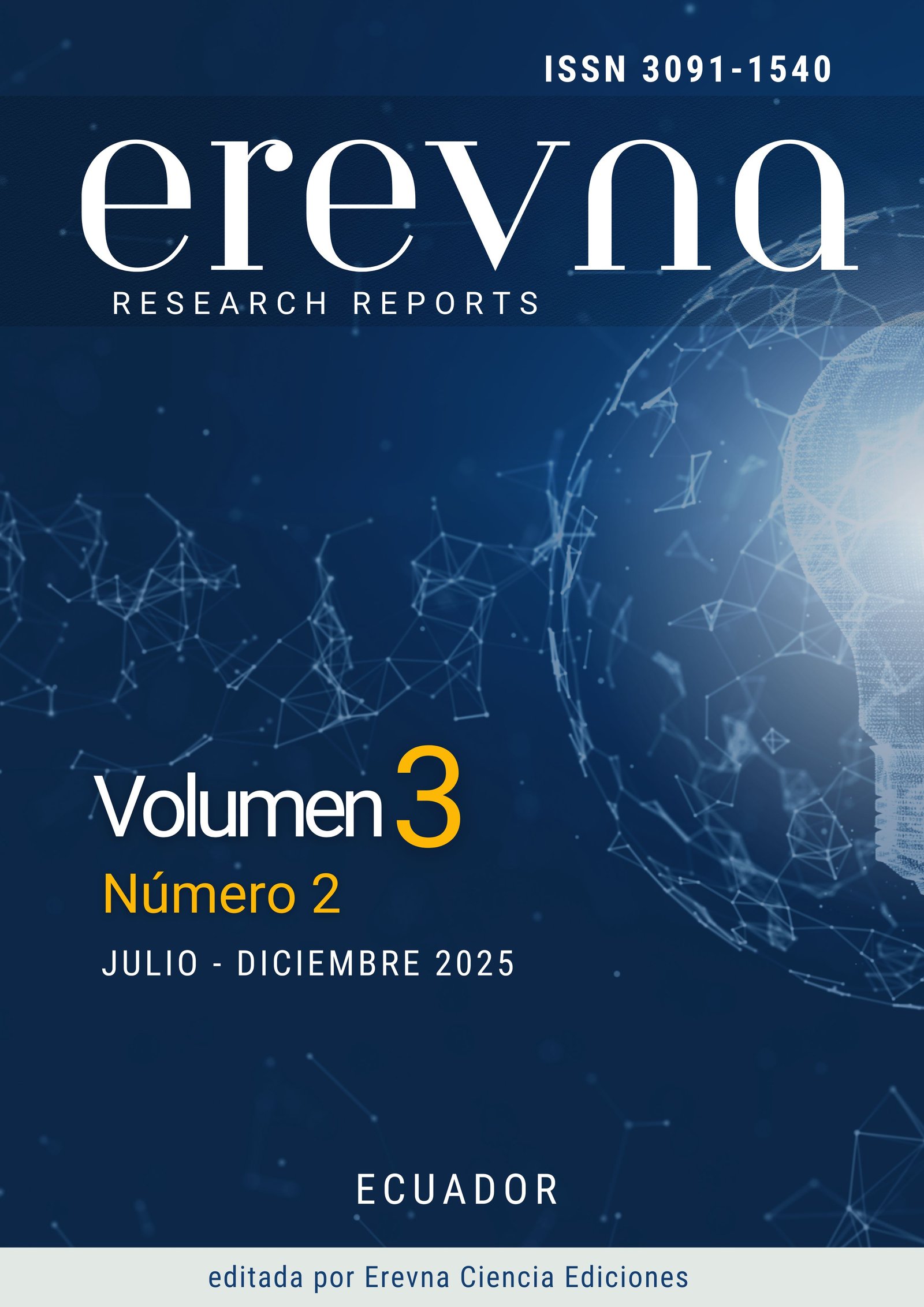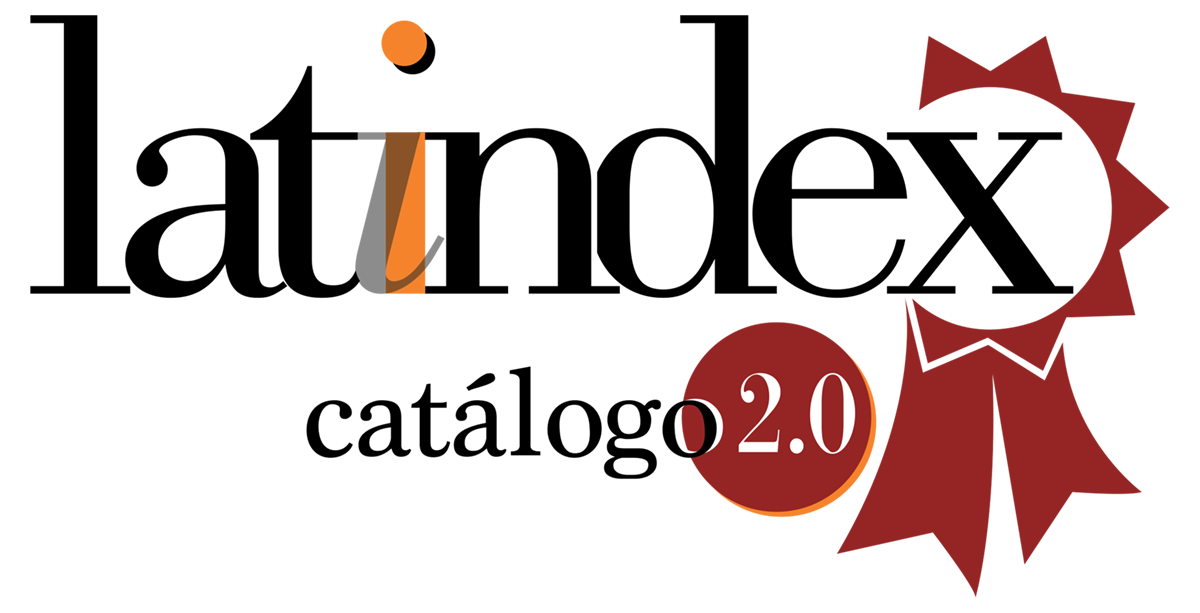Percepción, Actitud e Intención de Compra de Productos Orgánicos en Supermercados de Ecuador
DOI:
https://doi.org/10.70171/4eamc383Palabras clave:
actitud, intención de compra, percepción, productos orgánicosResumen
Justificación: el creciente interés por los productos orgánicos en América Latina responde a preocupaciones relacionadas con la salud, la sostenibilidad ambiental y el consumo responsable. Sin embargo, en Ecuador persisten vacíos de conocimiento sobre los factores que determinan la intención de compra de estos productos en el canal retail. Este estudio se justifica por su aporte a la comprensión del comportamiento del consumidor ecológico, contribuyendo a la formulación de estrategias comerciales más sostenibles. Objetivo: el propósito del estudio fue analizar cómo la percepción de productos orgánicos y la actitud del consumidor influyen en la intención de compra en supermercados de Ecuador. Metodología: se aplicó un enfoque cuantitativo, utilizando un cuestionario estructurado a una muestra de 300 consumidores. Las variables fueron medidas con escalas validadas y se utilizó el modelo de ecuaciones estructurales (PLS-SEM) para validar las relaciones entre constructos. Resultados: los hallazgos confirman que la percepción de productos orgánicos influye positivamente en la actitud del consumidor, y esta última tiene un impacto significativo en la intención de compra. Ambas hipótesis fueron validadas con resultados estadísticamente sólidos. Conclusión: el estudio evidencia que la percepción y la actitud son determinantes clave en el comportamiento de compra sostenible, ofreciendo implicaciones prácticas para el marketing de productos orgánicos en el sector minorista ecuatoriano.
Descargas
Referencias
Aguirre, K. (2023). Perspectiva del consumidor Guayaquileño respecto a las certificaciones de productos orgánicos. [Tesis de pregrado, Universidad Politecnica Salesiana del Ecuador]. https://dspace.ups.edu.ec/bitstream/123456789/19783/1/UPS-GT003125.pdf
Ahmed, S., Ashrafi, D. M., Paraman, P., Dhar, B. K., & Annamalah, S. (2024). Behavioural intention of consumers to use app-based shopping on green tech products in an emerging economy. International Journal of Quality & Reliability Management, 41(6), 1496–1518. https://doi.org/10.1108/IJQRM-05-2023-0164
Ajzen, I. (1991). The theory of planned behavior. Organizational behavior and human decision processes, 50(2), 179-211.https://doi.org/10.1016/0749-5978(91)90020-T
Alonso González, P., Extremo Martín, C., Otero Enríquez, R., de la Cruz Modino, R., Arocha Alonso, F. N., Rodríguez, S. G., & Parga Dans, E. (2025). Insights into Organic Food Consumption in Tenerife (Spain): Examining Consumer Profiles and Preferences. Sustainability, 17(5), 2123. https://doi.org/10.3390/su17052123
Bazhan, M., Shafiei Sabet, F., & Borumandnia, N. (2024). Factors affecting purchase intention of organic food products: Evidence from a developing nation context. Food Science & Nutrition, 12(5), 3469–3482. https://doi.org/10.1002/fsn3.4015
Bonisoli, L., Rivas, F. E. C., & Belduma, L. V. B. (2024). Descifrando el enigma del consumo orgánico: un estudio exploratorio en centennials ecuatorianos. Identidad Bolivariana, 8(1), 58-86.https://doi.org/10.37611/IB8ol158-86
Cambra González, A. (2025). Can co-op supermarkets lead the way to sustainability? Potentials and challenges in the shift from food difference to food democracy in Spain. International Journal of Cultural Studies, 28(3), 702-722. https://doi.org/10.1177/13678779241306442
Carrión-Bósquez, N. G., Ortiz-Regalado, O., Naranjo Armijo, F. G., Veas-González, I., Llamo-Burga, M. J., & Guerra-Regalado, W. F. (2024). Factores influyentes en el consumo de productos ecológicos: el caso de los millennials ecuatorianos y peruanos. Multidisciplinary business review, 17(1), 49-63. http://dx.doi.org/10.35692/07183992.17.1.5
Chandra Pant, S., Saxena, R., Gupta, N. K., Yadav, H., Kumar AD, S., & Kumar Pant, D. (2024). The organic odyssey: Navigating the influence of attitude on purchase intent, mediated by perceived value, quality, and price in India. Journal of Retailing and Consumer Services, 79, 103801. https://doi.org/10.1016/j.jretconser.2024.103801
Daraboina, R., Cooper, O., & Amini, M. (2024). Segmentation of organic food consumers: A revelation of purchase factors in organic food markets. Journal of Retailing and Consumer Services, 78, 103710. https://doi.org/10.1016/j.jretconser.2024.103710
Dash, G., & Paul, J. (2021). CB-SEM vs PLS-SEM methods for research in social sciences and technology forecasting. Technological Forecasting and Social Change, 173, 121092. https://doi.org/10.1016/j.techfore.2021.121092
Fornell, C., & Larcker, D. F. (1981). Structural Equation Models with Unobservable Variables and Measurement Error: Algebra and Statistics. Journal of Marketing Research, 18(3), 382–388. 10.1177/002224378101800313
Hair, J. F., Hult, G. T. M., Ringle, C. M., & Sarstedt, M. (2022). A Primer on Partial Least Squares Structural Equation Modeling (PLS-SEM) (3rd ed.). Sage. https://doi.org/10.1007/978-3-030-80519-7
Hair, J. F., Hult, G. T. M., Ringle, C. M., Sarstedt, M., Castillo Apraiz, J., Cepeda Carrión, G. & Roldán, J. L. (2019). Manual de partial least squares structural equation modeling (PLS-SEM) (2da ed.). OmniaScience.
Halan, D., Aashish, K., & Thaichon, P. (2025). Continuous purchase intention of organic personal care products: evidence from India. Journal of International Consumer Marketing, 37(1), 23–40. https://doi.org/10.1080/08961530.2024.2348641
Henseler, J. ö, Ringle, C. M., & Sarstedt, M. (2015). A new criterion for assessing discriminant validity in variance-based structural equation modeling. Journal of the Academy of Marketing Science, 43(1), 115–135. 10.1007/s11747-014-0403-8
Jostock, C., Luick, M., Jebb, S. A., & Pechey, R. (2024). Changing the availability and positioning of more vs. less environmentally sustainable products: A randomised controlled trial in an online experimental supermarket. Appetite, 200, 107579. https://doi.org/10.1016/j.appet.2024.107579
Lopes, J. M., Pinho, M., & Gomes, S. (2024). From green hype to green habits: Understanding the factors that influence young consumers' green purchasing decisions. Business Strategy and the Environment, 33(3), 2432-2444. https://doi.org/10.1002/bse.3602
Luick, M., Bandy, L., Piernas, C. (2024). Do promotions of healthier or more sustainable foods increase sales? Findings from three natural experiments in UK supermarkets. BMC Public Health 24, 1658 (2024). https://doi.org/10.1186/s12889-024-19080-x
Lupindo, M., Madinga, N. W., & Dlamini, S. (2024). Green beauty: examining factors shaping millennials’ attitudes toward organic personal care products in South Africa. European Journal of Management Studies, 29(3), 271–291. https://doi.org/10.1108/EJMS-01-2024-0001
Malhotra, G., & Srivastava, H. (2024). Green purchase intention in omnichannel retailing: role of environmental knowledge and price sensitivity. Journal of Strategic Marketing, 32(4), 467–490. https://doi.org/10.1080/0965254X.2023.2241464
Niu, J., Jin, S., Chen, G., & Geng, X. (2024). How Can Price Promotions Make Consumers More Interested? An Empirical Study from a Chinese Supermarket. Sustainability, 16(6), 2512. https://doi.org/10.3390/su16062512
Observatorio Ceplan (2023). Incremento en consumo de productos orgánicos y con certificaciones ambientales. https://observatorio.ceplan.gob.pe/ficha/tg47
Palomino Rivera, H. J., & Barcellos-Paula, L. (2024). Personal variables in attitude toward green purchase intention of organic products. Foods, 13(2), 213. https://doi.org/10.3390/foods13020213
Pontes, S., Naranjo-Zolotov, M., & Painho, M. (2024). From intention to action: How environmental setback perception mediates green purchase behaviour. Journal of Cleaner Production, 470, 143285. https://doi.org/10.1016/j.jclepro.2024.143285
Prakash, G., Sharma, S., Kumar, A., & Luthra, S. (2024). Does the purchase intention of green consumers align with their zero-waste buying behaviour? An empirical study on a proactive approach towards embracing waste-free consumption. Heliyon, 10(3) https://www.cell.com/heliyon/fulltext/S2405-8440(24)01053-3
Rehman, A. U., & Elahi, Y. A. (2024). How semiotic product packaging, brand image, perceived brand quality influence brand loyalty and purchase intention: a stimulus-organism-response perspective. Asia Pacific Journal of Marketing and Logistics, 36(11), 3043–3060. https://doi.org/10.1108/APJML-12-2023-1237
Richter, N. F., Hauff, S., Ringle, C. M., & Gudergan, S. P. (2022). The use of partial least squares structural equation modeling and complementary methods in international management research. Management International Review, 62(4), 449-470. https://doi.org/10.1007/s11575-022-00475-0
Sahu, S., & Chokkannan, P. (2025). Role Of Assortment And Sensory Appeal On Purchase Intention Of Organic Produce: A Serial Mediation Model. International Journal of Environmental Sciences, , 22–33. https://theaspd.com/index.php/ijes/article/view/3838
Samaniego Arias, M. A., & Usiña Báscones, G. G. (2024). Dimensiones de la Teoría de Comportamiento Planificado y su influencia en la Intención de compra de productos orgánicos. Ciencia Latina Revista Científica Multidisciplinar, 8(5), 6251-6270. https://doi.org/10.37811/cl_rcm.v8i5.14043
Shmueli, G., Sarstedt, M., Hair, J. F., Cheah, J. H., Ting, H., Vaithilingam, S., & Ringle, C. M. (2019). Predictive model assessment in PLS-SEM: guidelines for using PLSpredict. European journal of marketing, 53(11), 2322-2347.
Thakkar, J. J. (2020). Structural equation modelling. Application for Research and Practice, 285.https://link.springer.com/content/pdf/10.1007/978-981-15-3793-6.pdf
Vega Jaramillo, F. Y. (2025). Comportamiento del consumidor y comercio internacional: el caso de los productos orgánicos ecuatorianos en la Unión Europea. Revista InveCom, 5(2). https://doi.org/10.5281/zenodo.13851670
Xu, M., Xu, Q., Wei, S., Gu, X., & Liu, F. (2024). Modulating variables impacting the intersection of health and environmental concerns in organic food purchasing decisions. British Food Journal, 126(10), 3663-3683. https://doi.org/10.1108/BFJ-09-2023-0849
Publicado
Número
Sección
Categorías
Licencia
Derechos de autor 2025 German Jazmany Zambrano Verdesoto, Teresa Fayos Gardó, Haydeé Calderón García (Autor/a)

Esta obra está bajo una licencia internacional Creative Commons Atribución-NoComercial-CompartirIgual 4.0.






















